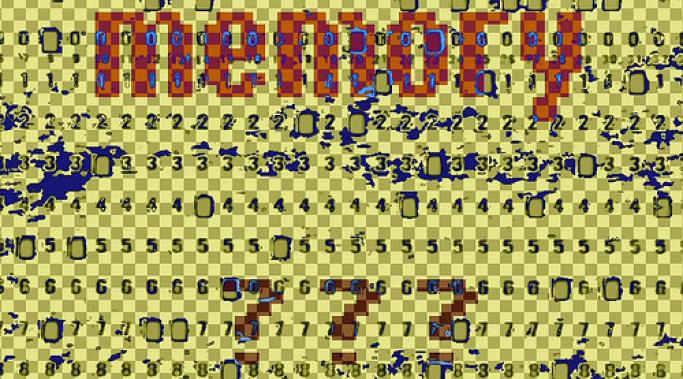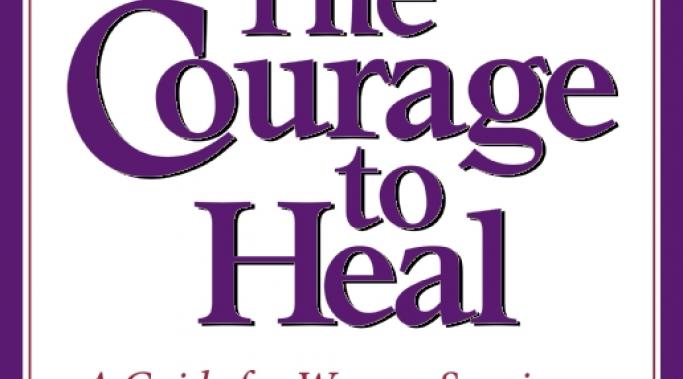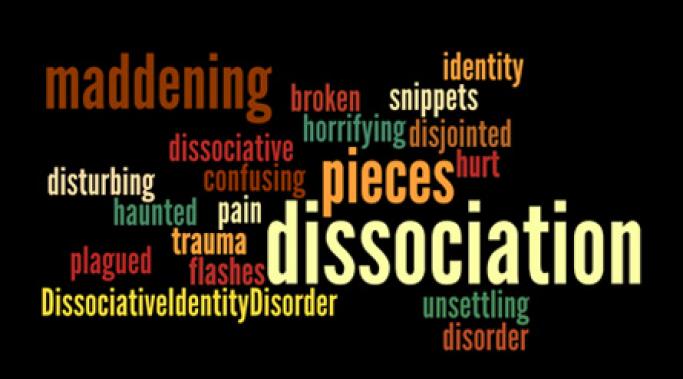Despite reminder tools and sheer determination, I keep forgetting to take my medication. I get up in the morning and think to myself, 'Now don’t forget to take your medication!' while heading to the bathroom where it’s waiting for me in a brightly colored container right there on the counter. And I repeatedly discover, much later in the day, those pills lying untouched in their little compartments. I have dissociative identity disorder and this is just one example of how my dissociative memory affects my everyday life. On its own it may not seem like a big deal. And if my memory problems were exclusive to forgetting medication or if they were irregular, here-and-there occurrences they probably wouldn’t be much of an issue. But what I just described is how my memory works all the time, with everything.
Memory
When I was in college I confided in a friend about an incident at a party that left me feeling taken advantage of. Initially I was taken aback by her outrage on my behalf. A few days later, I was equally shocked by her hostility towards me. It took many years before I understood that Dissociative Identity Disorder played such a large role in the party incident that I came away with an impression of it that wasn't accurate at all. By reporting it to my friend, I essentially told a lie, though I didn't realize it at the time. Today her wildly varying reactions make sense to me because I have a much better understanding of the potential pitfalls of my dissociative memory.
The Courage to Heal is a self-help book – “A Guide for Women Survivors of Child Sexual Abuse” - that has enjoyed widespread popularity among both those living with Dissociative Identity Disorder and many of their treatment providers since its first publication in 1988. I first read it six years ago and found it helpful in some ways. But subsequent readings have illuminated for me the book’s biggest flaw: its reckless approach to traumatic memory.
If you have Dissociative Identity Disorder, recognizing when you're on a downward spiral may be incredibly difficult. Dissociation separates us from our thoughts, feelings, and experiences and makes maintaining awareness of our very realities a monumental challenge. My hope is that by taking stock of my mental health warning signs, I can increase my chances of noticing the next decline in functioning at its inception, rather than coming out of a dissociative fog six months in and wondering what happened to my life.
We know Dissociative Identity Disorder is a trauma disorder. In the past, many clinicians approached treatment as if it were an archeological dig, excavating for traumatic, dissociated memory. I think most people agree at this point that that's at best ineffective and at worst harmful. But the nature of dissociative memory is such that most people with DID have more questions about their histories than answers. And while I think those of us with Dissociative Identity Disorder do have to learn to tolerate some ambiguity, I also think we have more answers than we realize.
I dreamed I was at the mall, shopping with my partner. We strolled through the stores, bought a few things, and went home. It wasn't a particularly noteworthy dream but I mentioned it in passing to her anyway. "That wasn't a dream," she said. "We did that yesterday." How did I confuse reality for a fiction created by my dreaming mind? Memory is a tricky thing and dissociation complicates remembering. It's only because I have dissociative identity disorder (DID) and am aware of my dissociative memory problems that I believed her when she said it wasn't a dream. It didn't, and still doesn't feel like a memory at all.
We've covered depersonalization and derealization, two of the five core dissociative symptoms. As someone with dissociative identity disorder, both of those forms of dissociation affect me regularly. But the remaining three impact my life most profoundly. Dissociative amnesia, as I'll explain, is a deeply frustrating and disruptive part of living with DID.
Yesterday was a big day for me and my son. He started middle school. I received a painful reminder that I'd be a better mother if I didn't have Dissociative Identity Disorder and the unique memory problems that go with it.
One of the obstacles I encountered in coming to terms with my dissociative identity disorder (DID) diagnosis was the idea that DID is by and large caused by horrendous abuse. Because DID and unimaginable trauma were intrinsically linked in my mind, I thought accepting my diagnosis required believing that I had suffered inconceivable horrors, repressed memories of child abuse that were lurking somewhere in the recesses of my dissociative mind. I didn't want to believe that, so I rejected the diagnosis altogether. I wish I'd known that tolerating ambiguity is part of dissociative living, and that it's possible to reconcile yourself to having DID without making assumptions about your history.
One challenge of dissociative living is task management. Dissociation creates fissures in consciousness that make the demands of daily life extremely difficult to meet. It's important that I get my son to swimming lessons on time. Showing up for psychiatric appointments is imperative. Paying bills is not optional. But I cannot expect my dissociative mind to sustain awareness of all my obligations throughout many alter states. Instead, I rely on external tools to remember for me.









